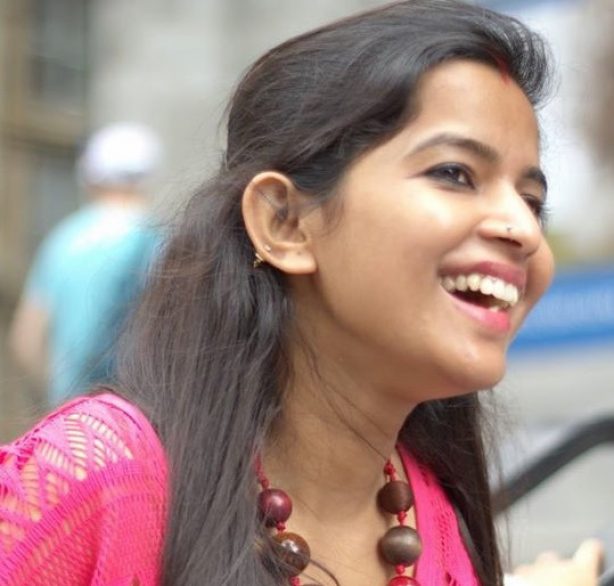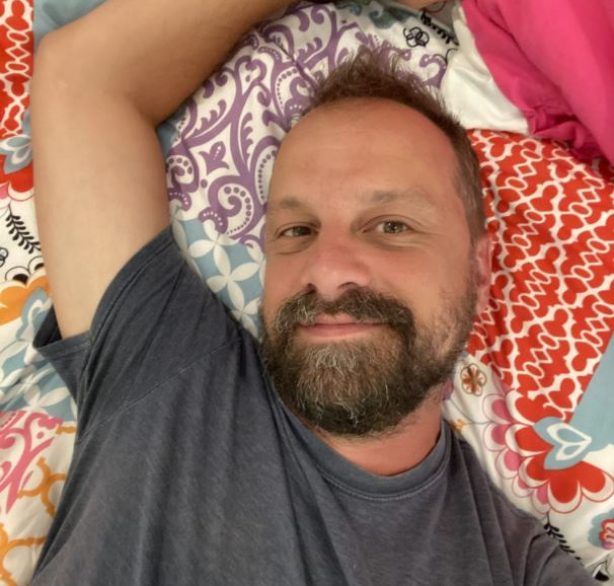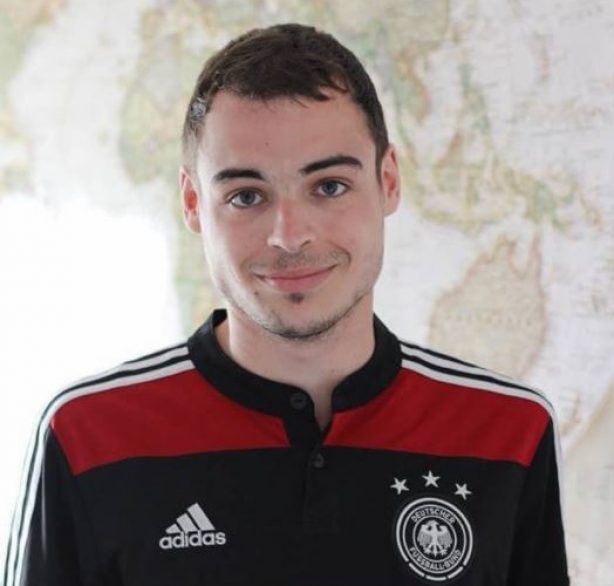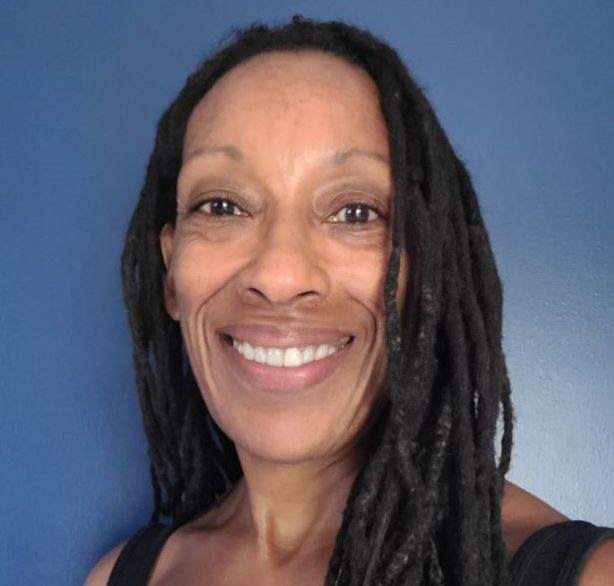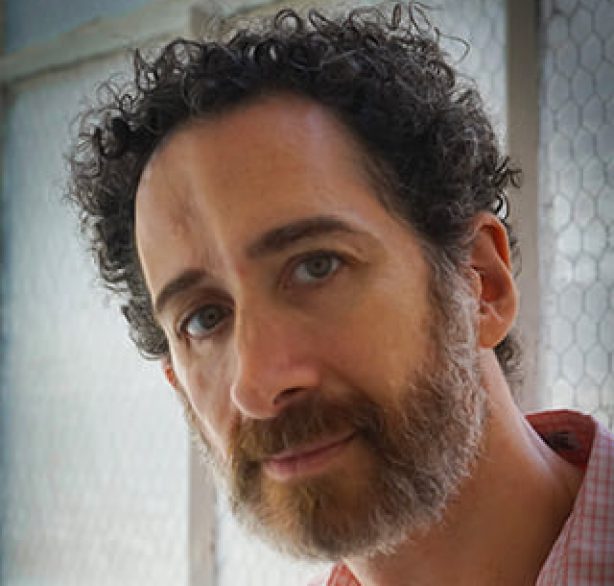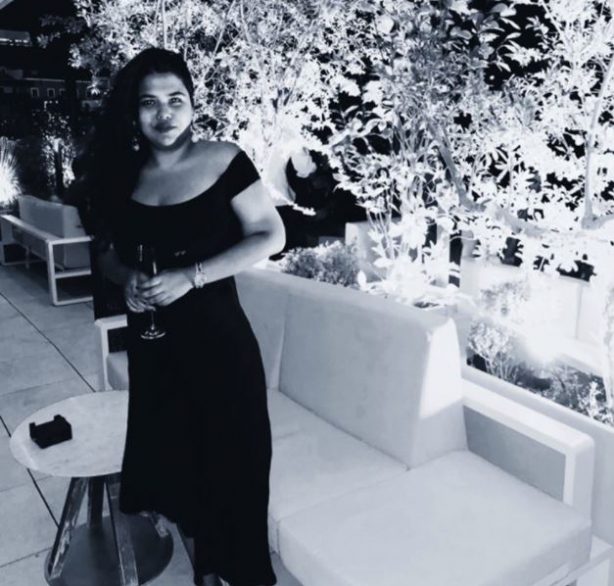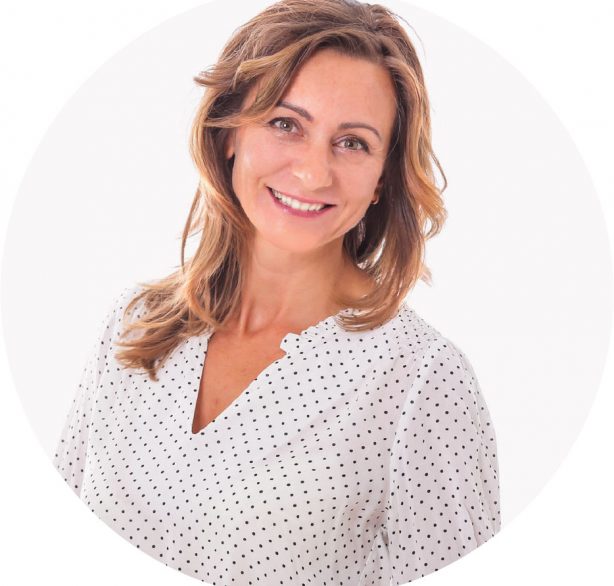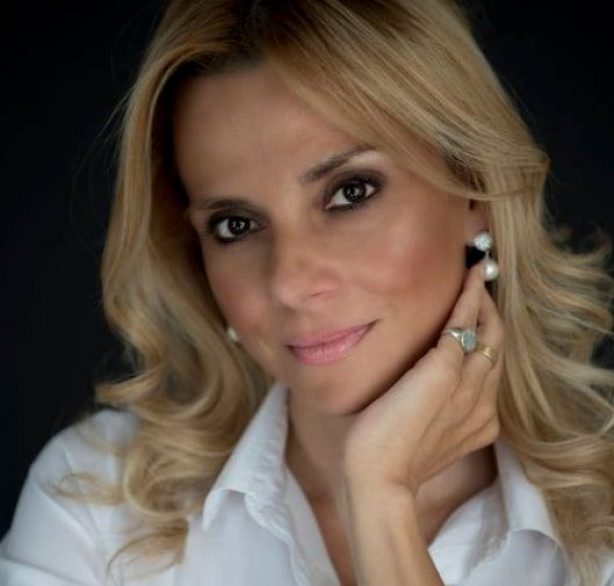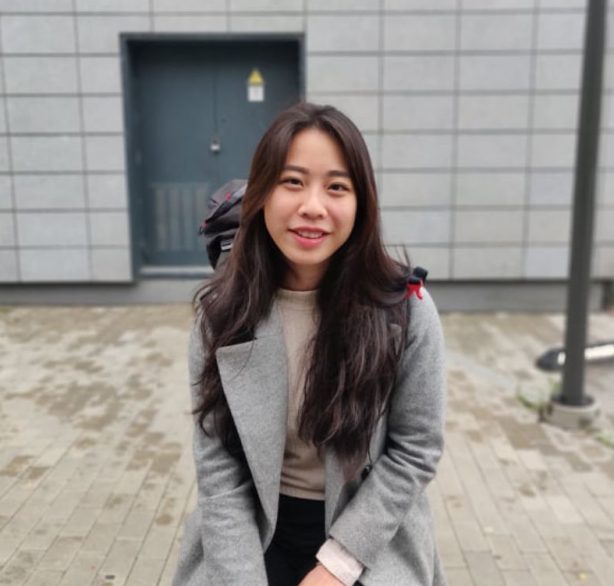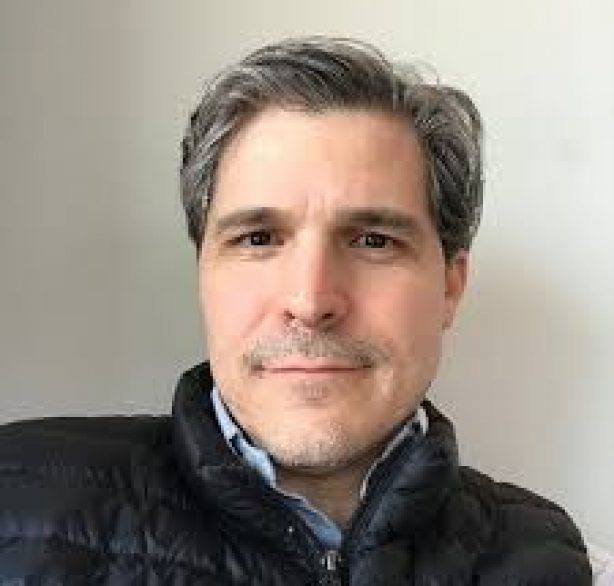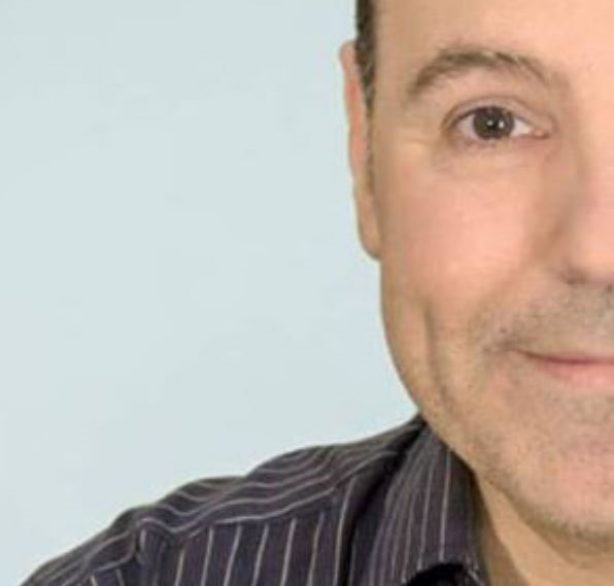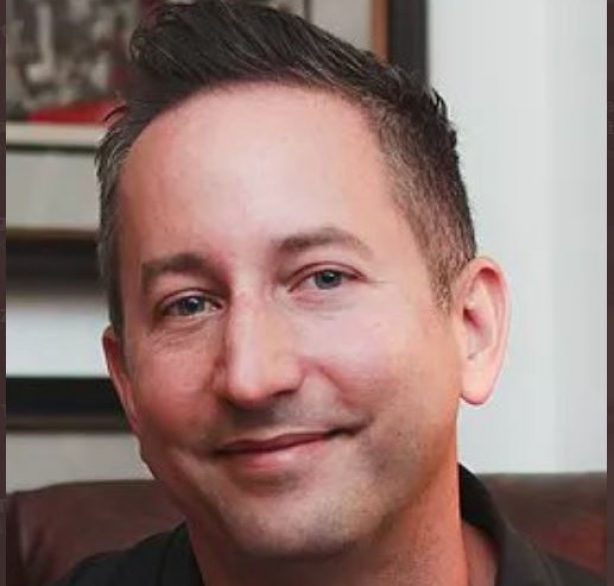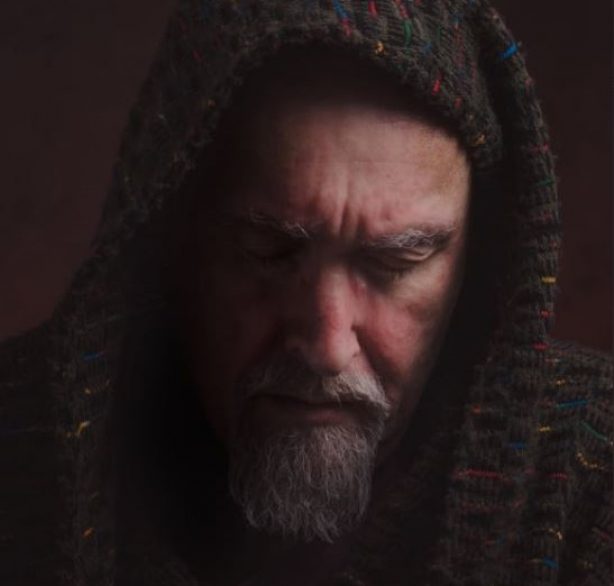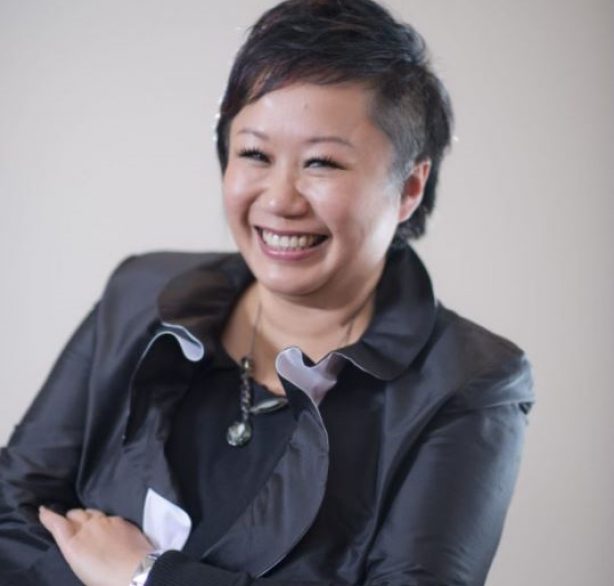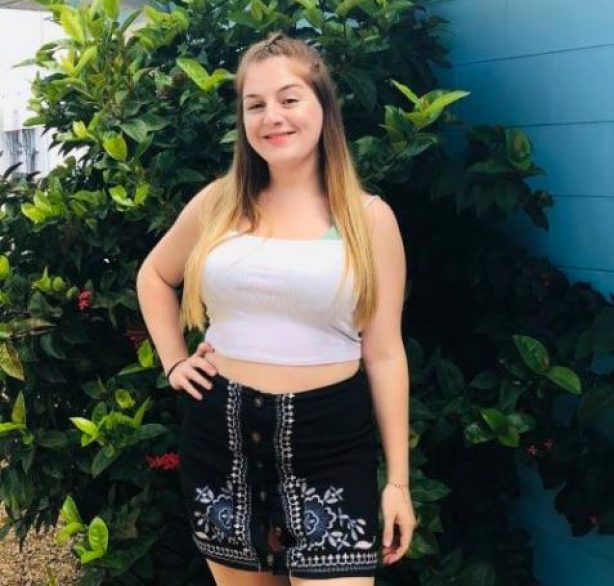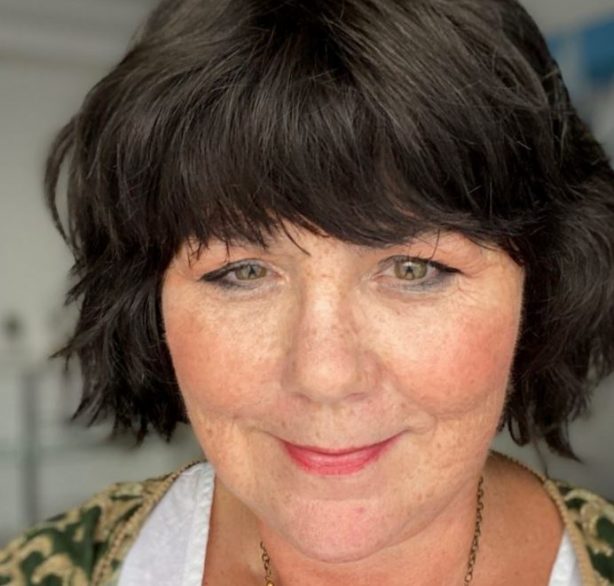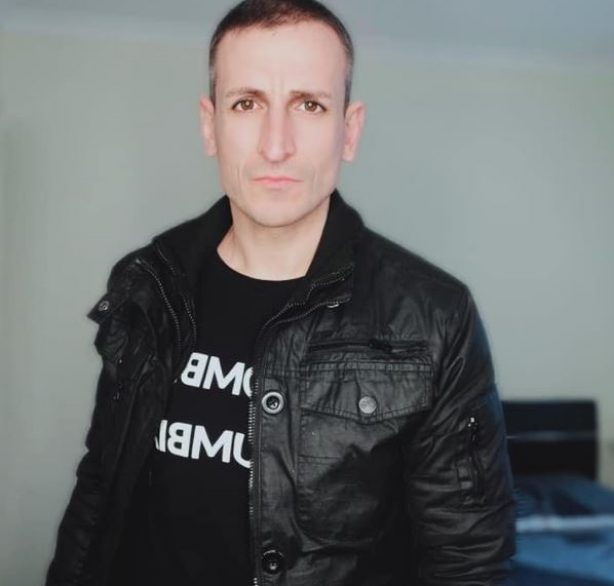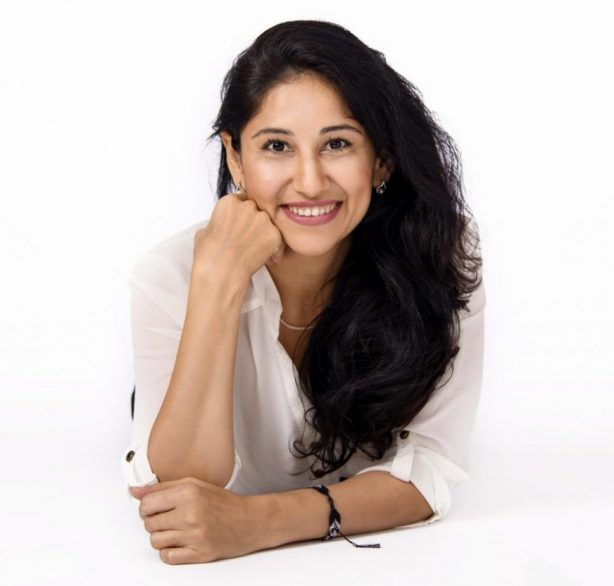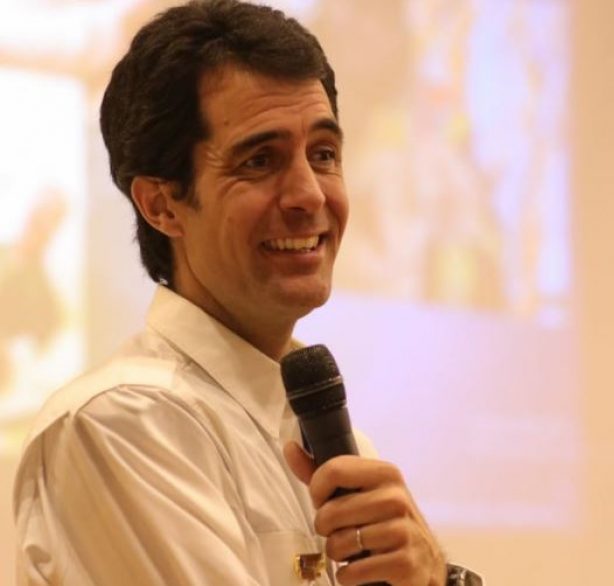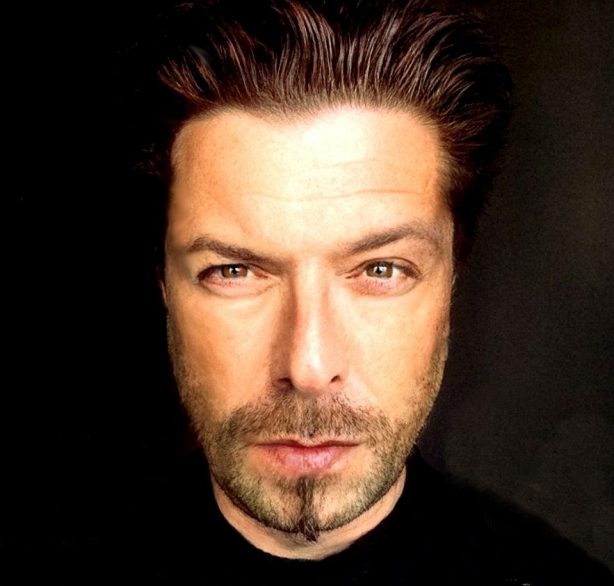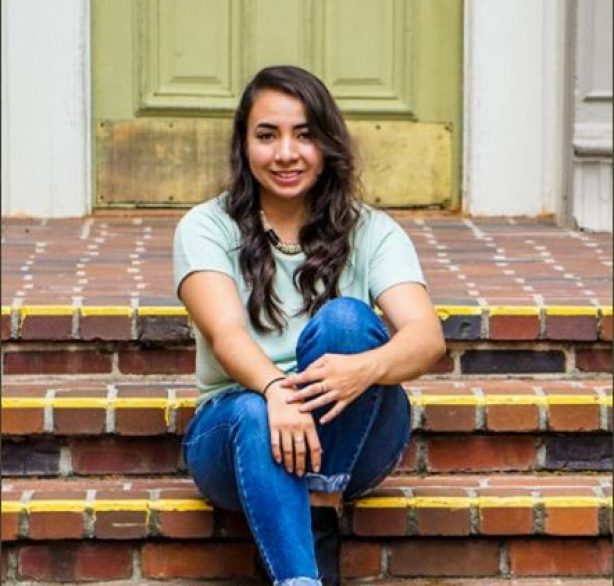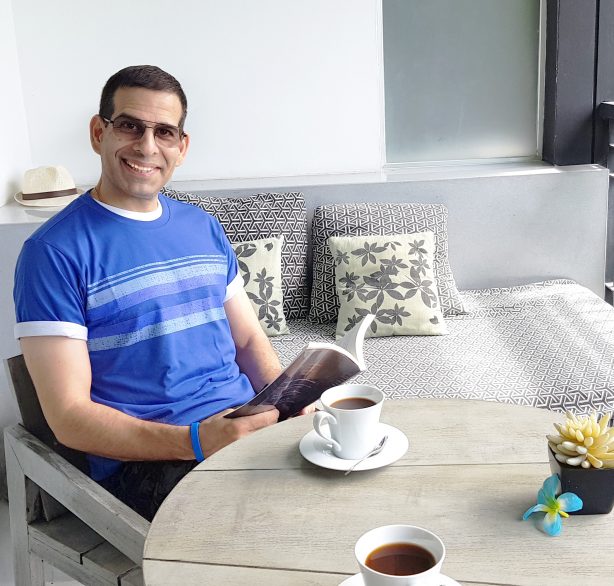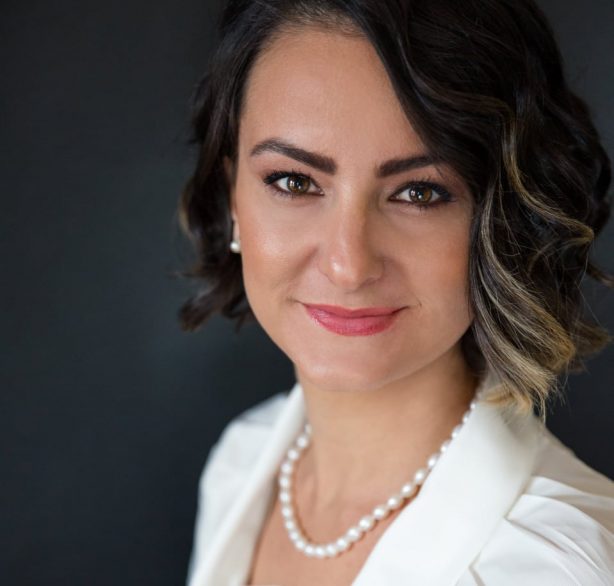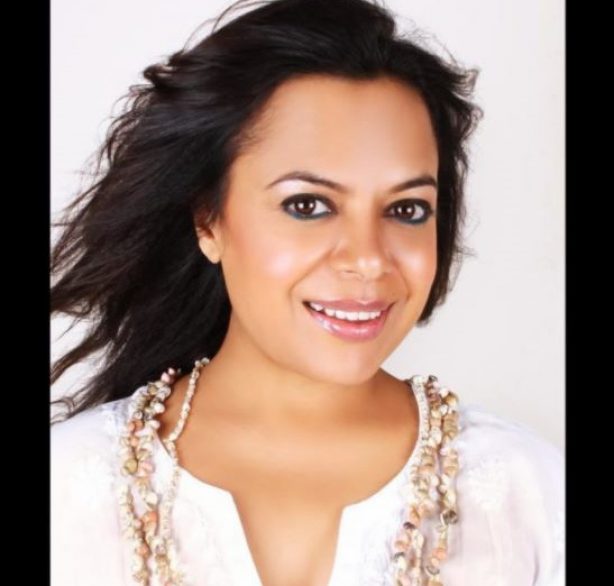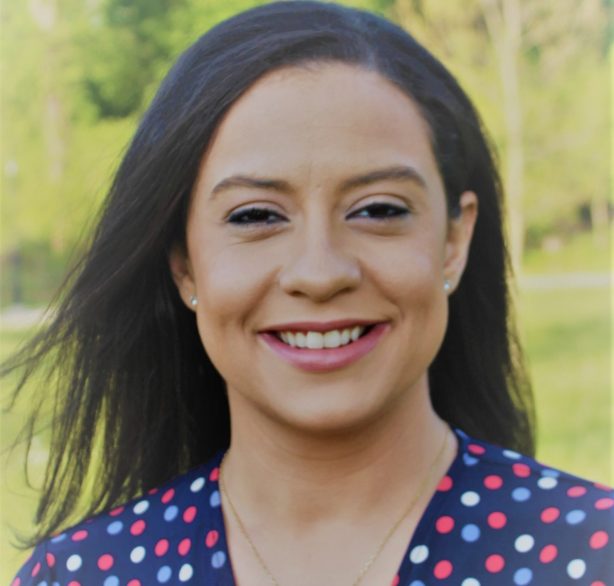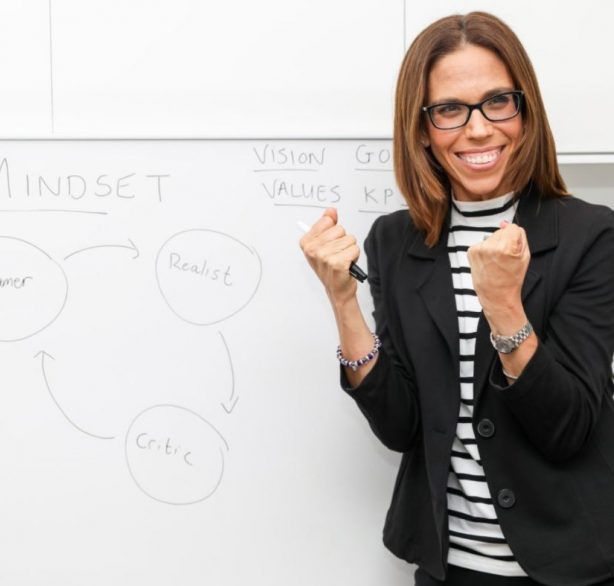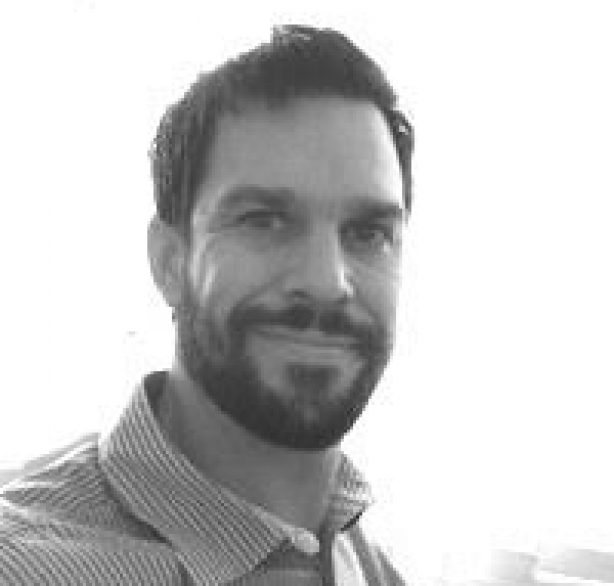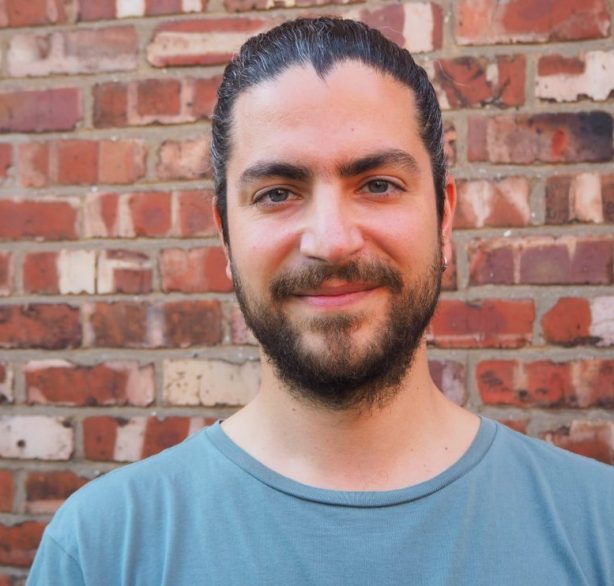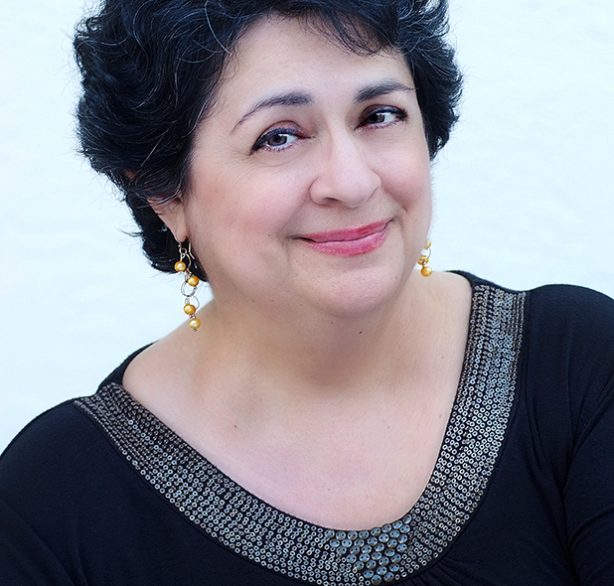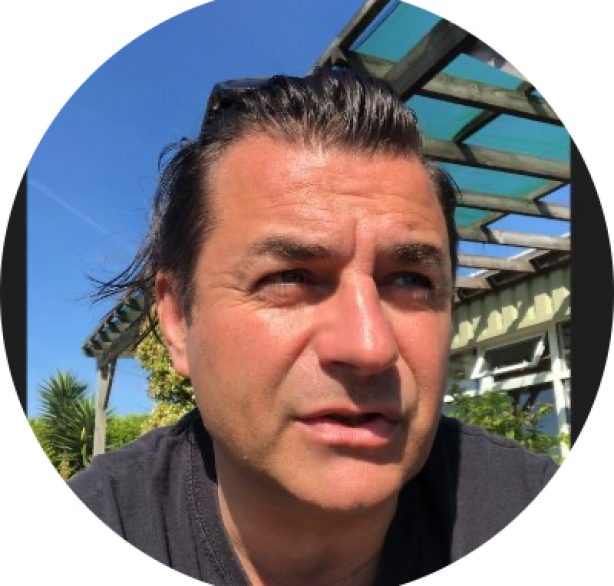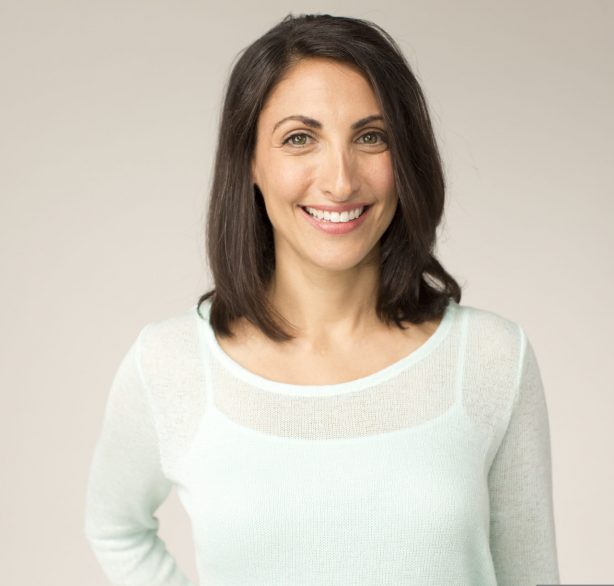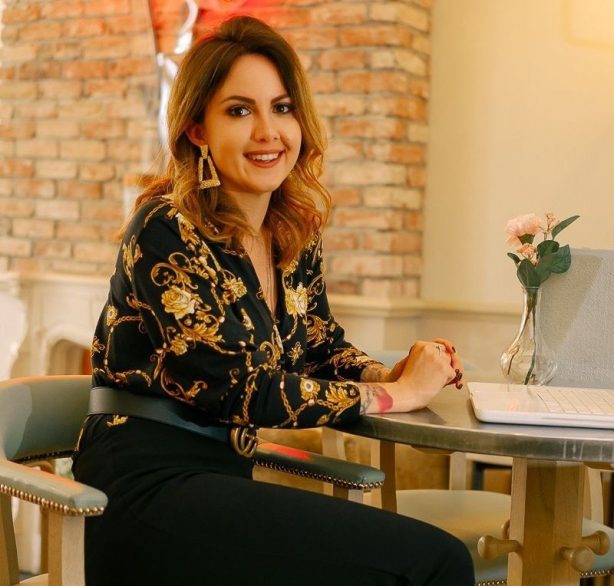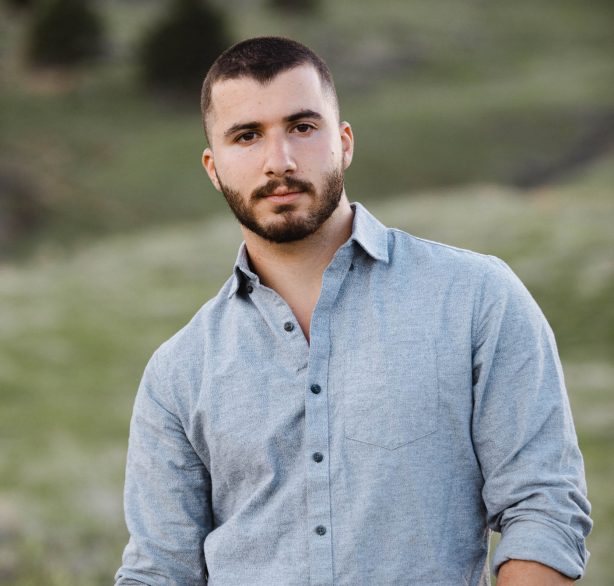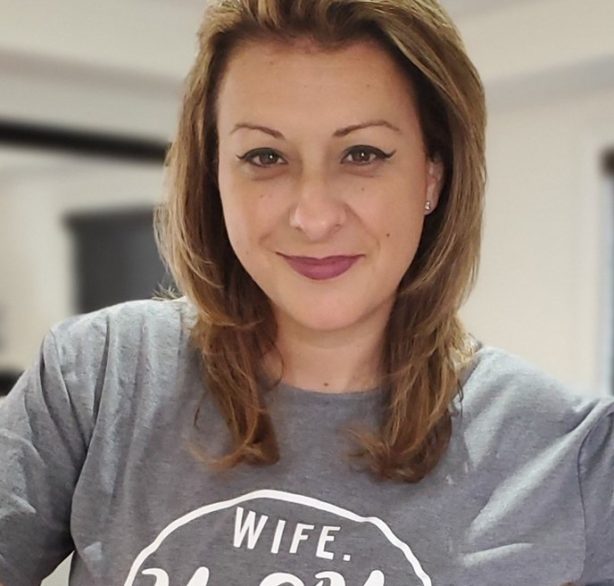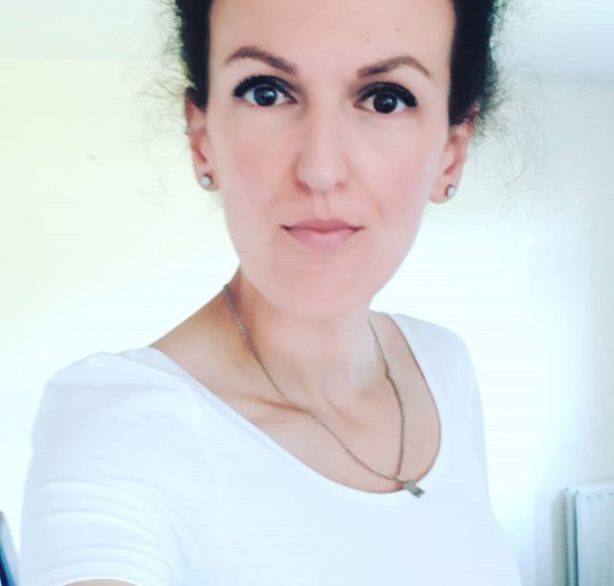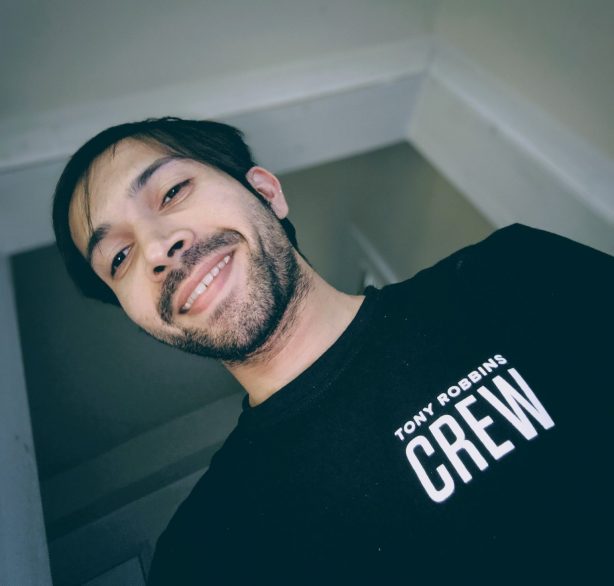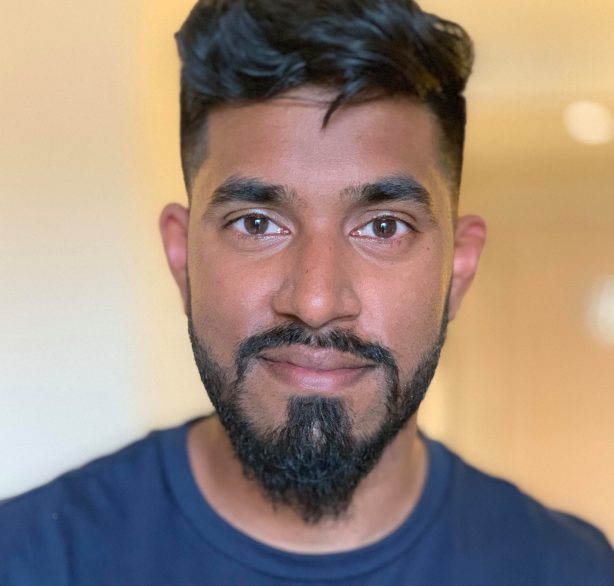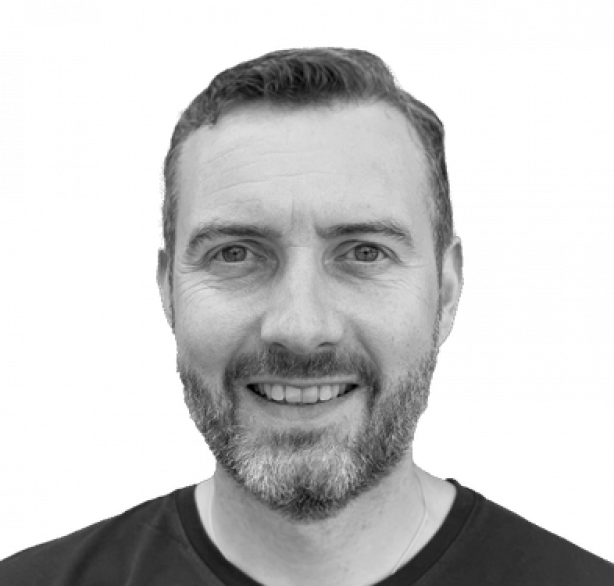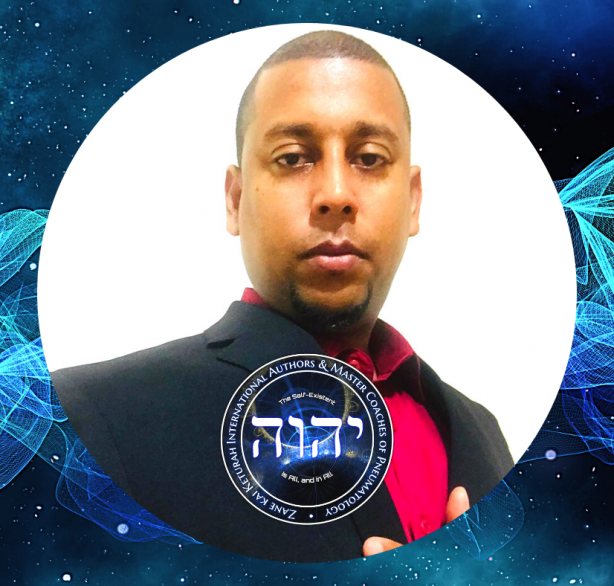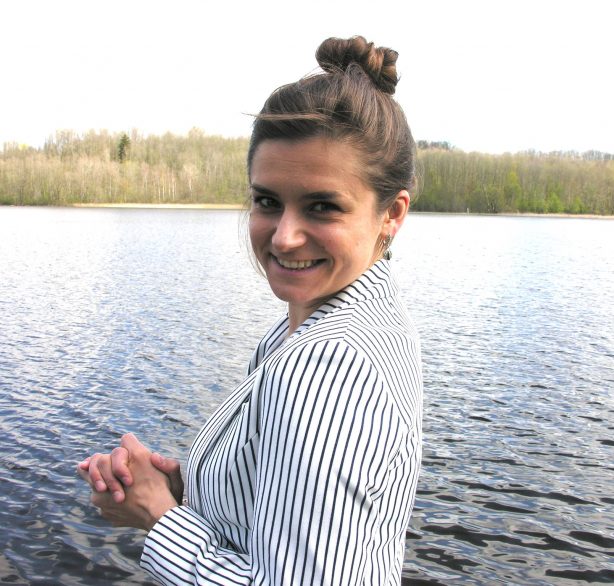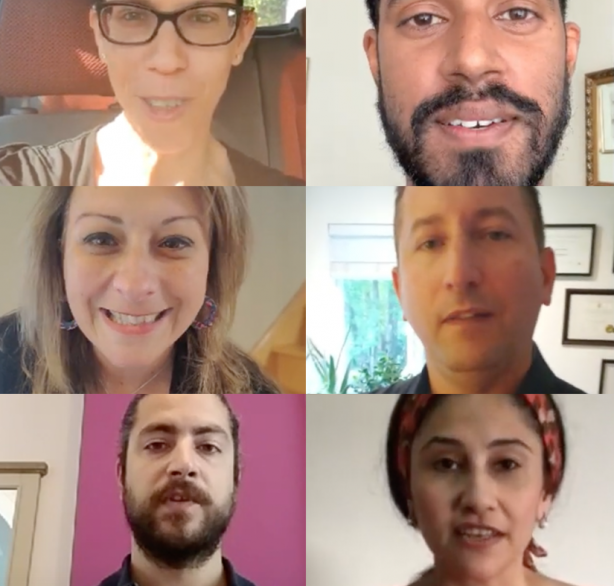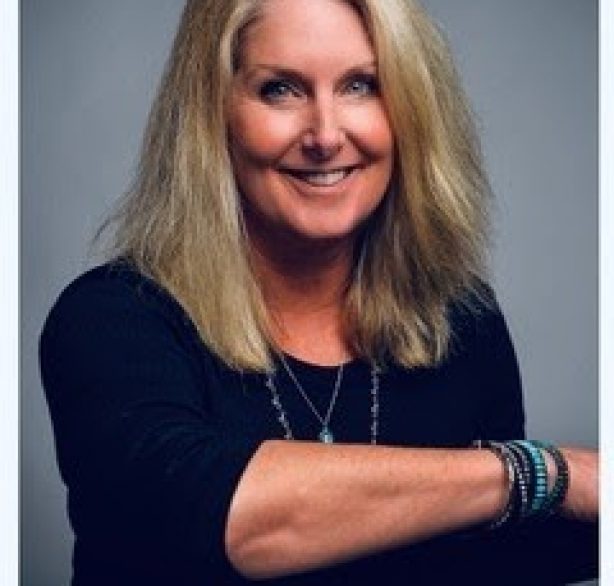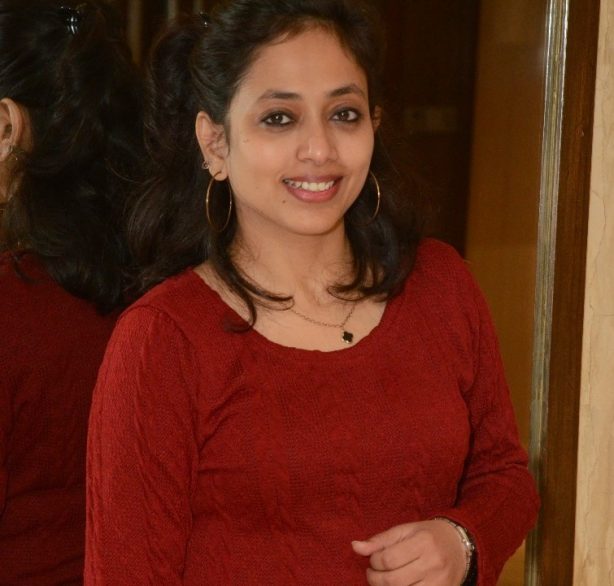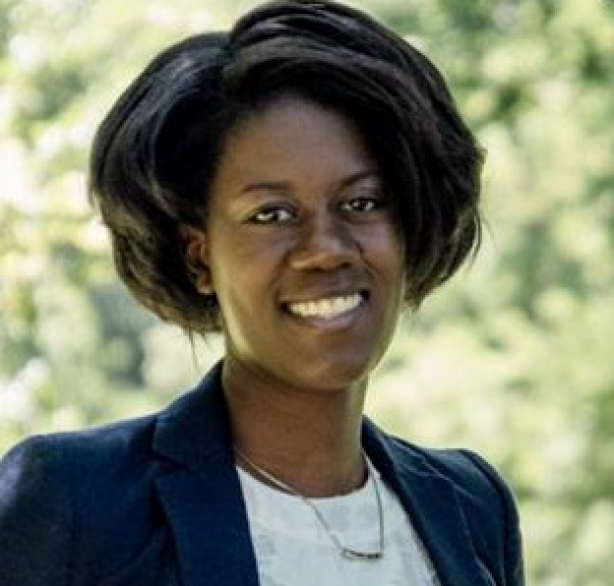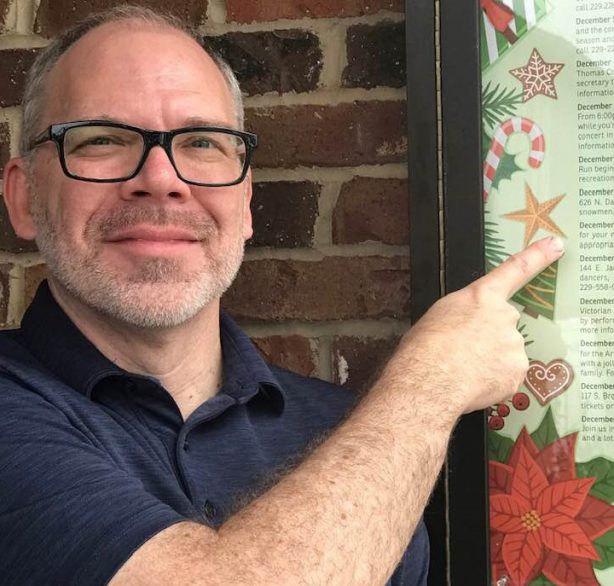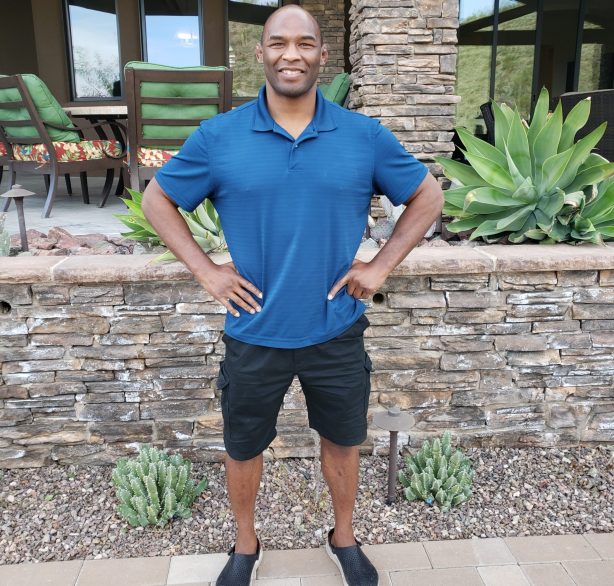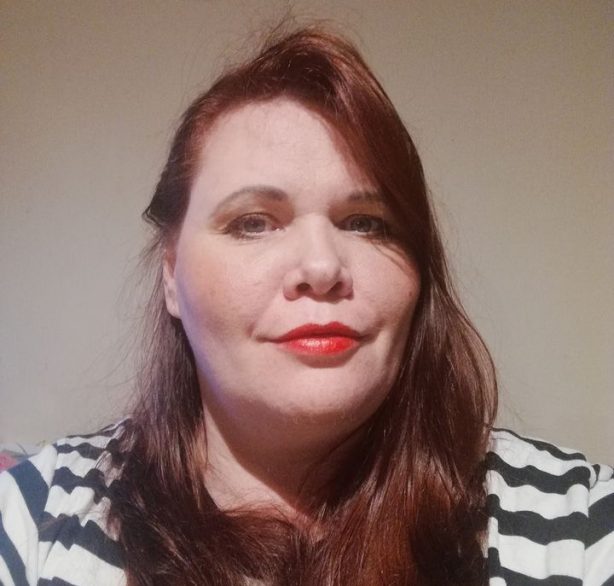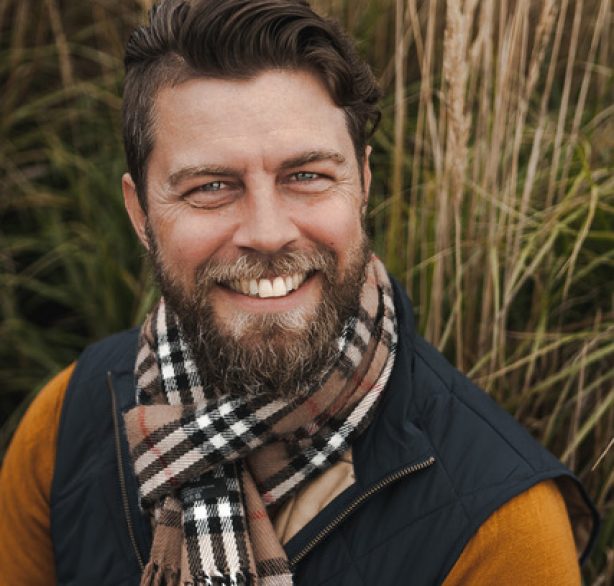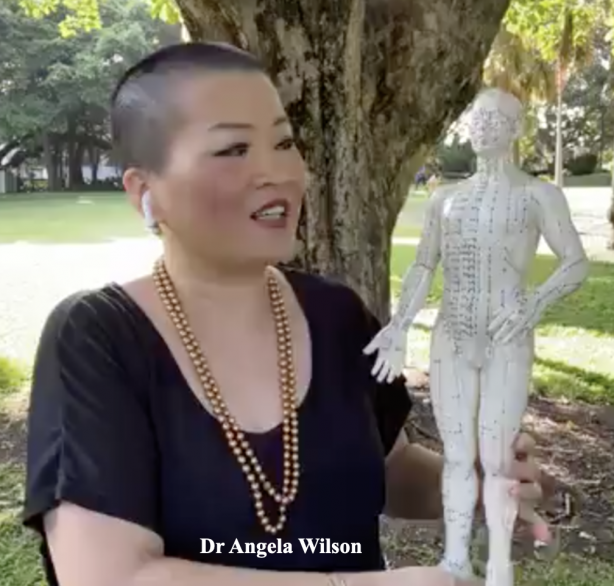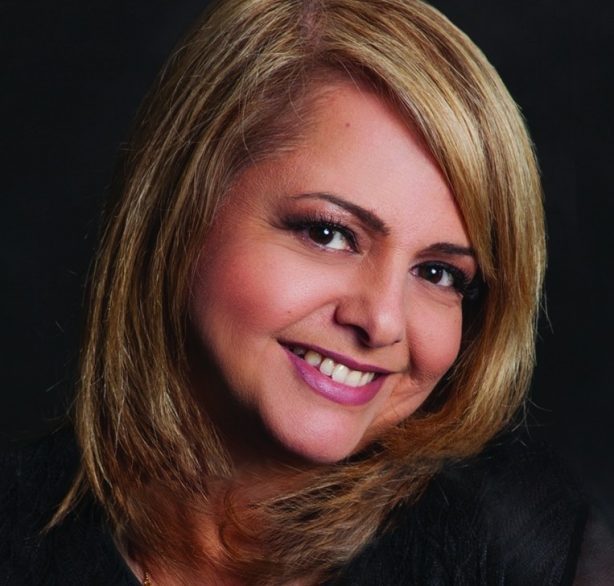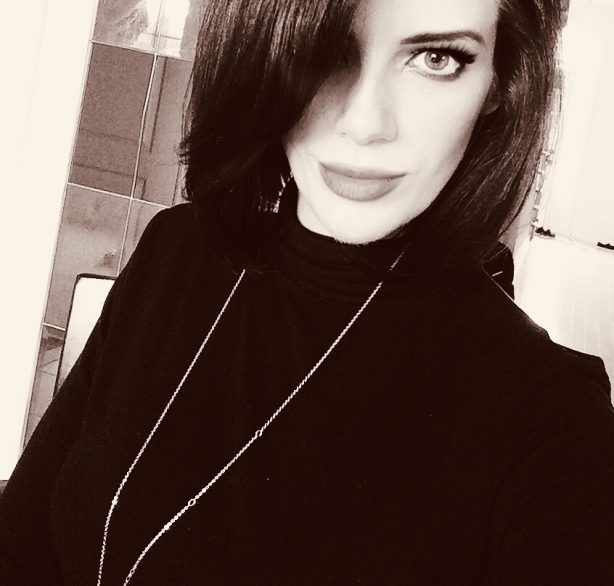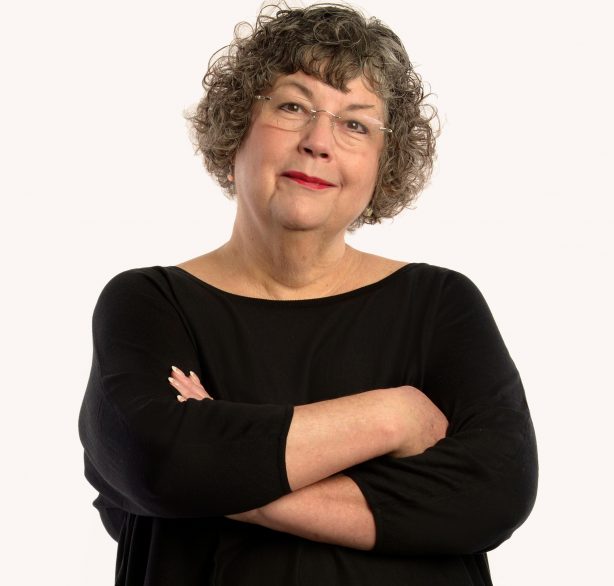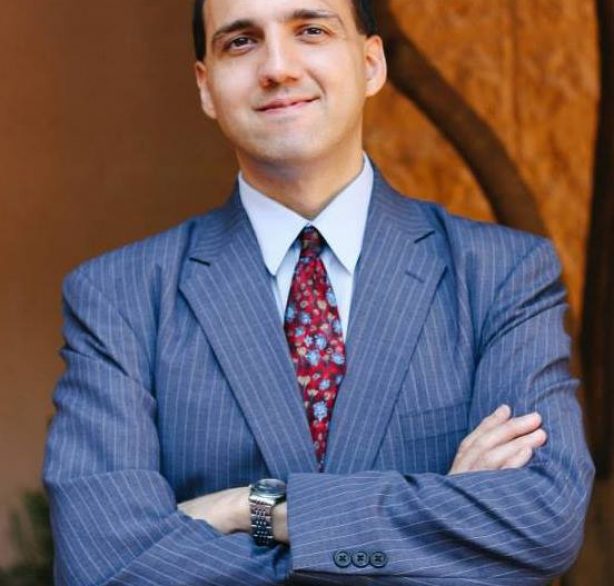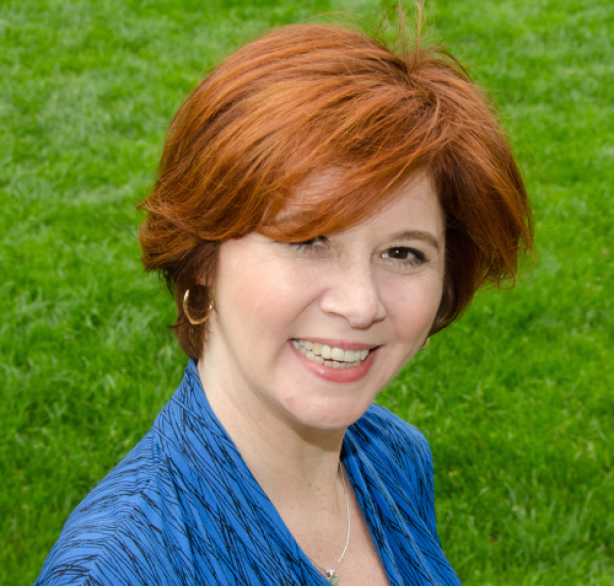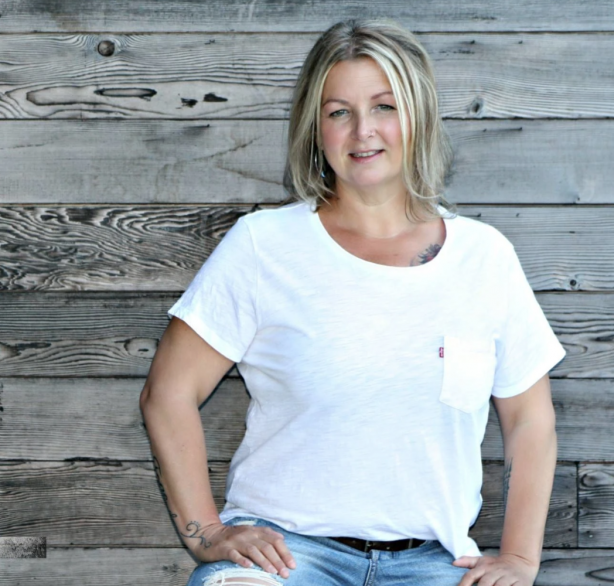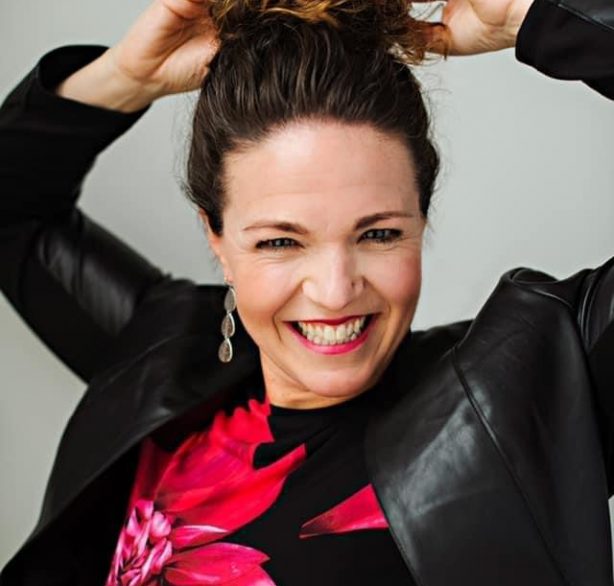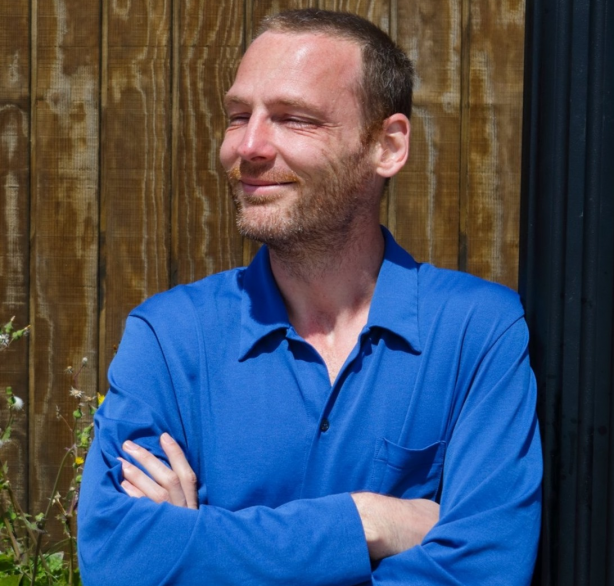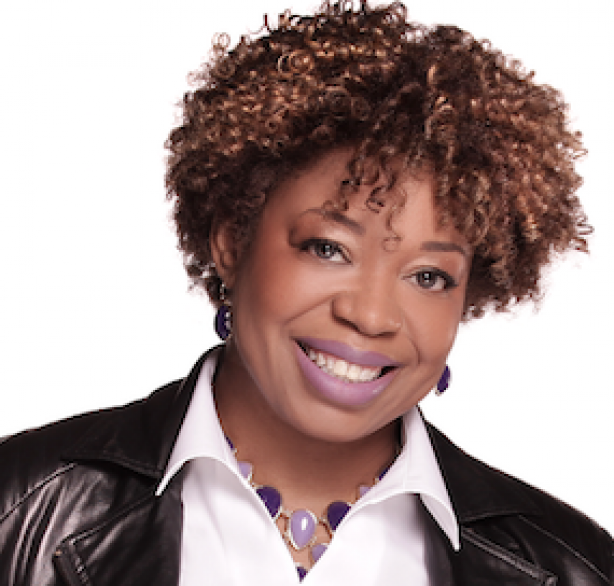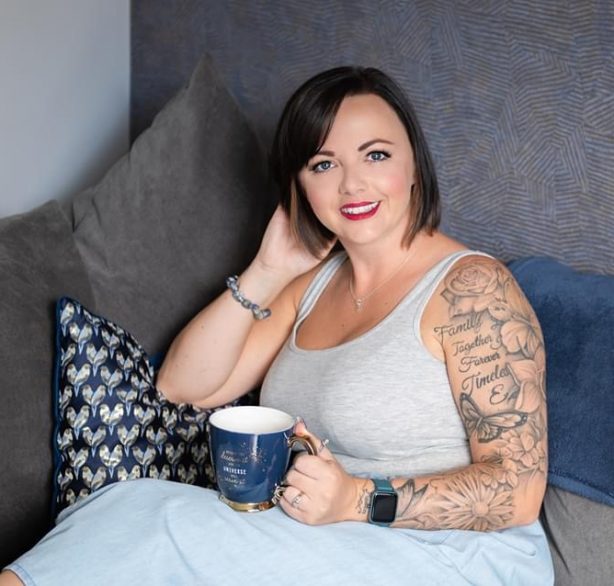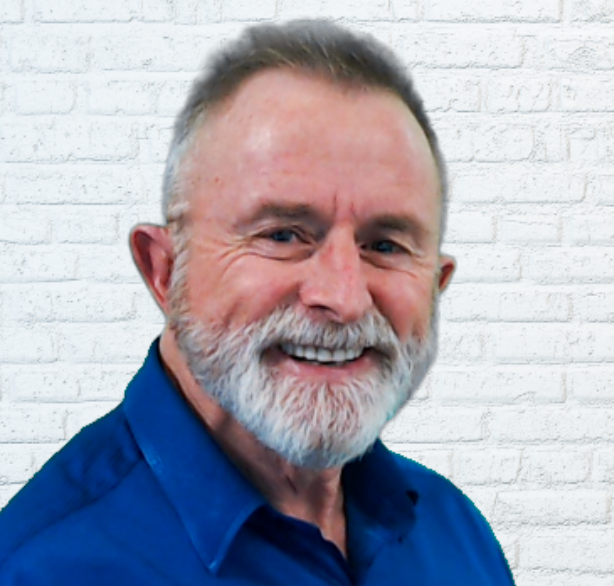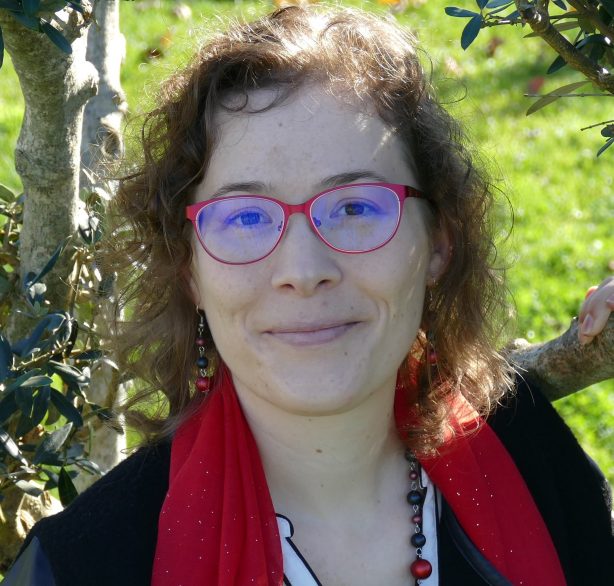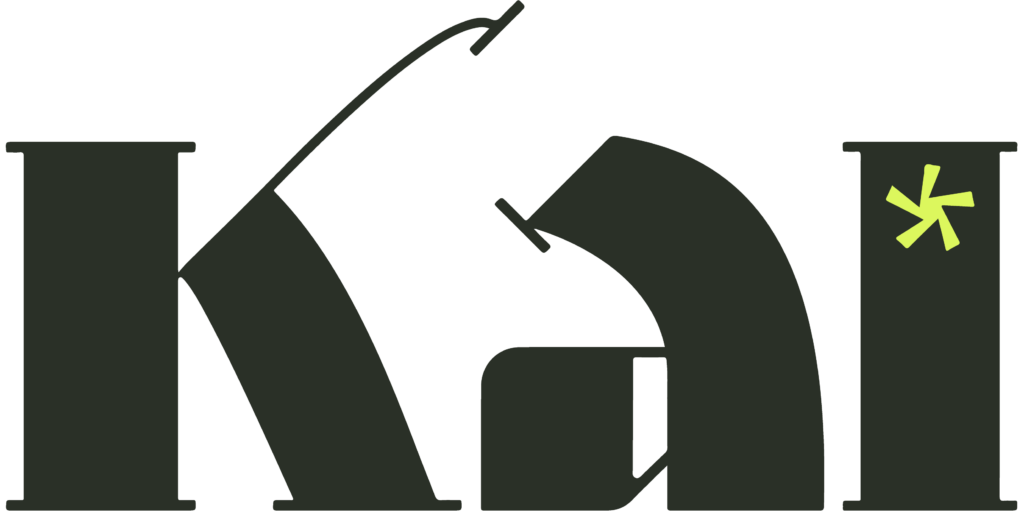Watch the full and inspiring interview with Reema
If you prefer reading, here is the transcribed interview
Ziv: So, Reema, I’m really, really happy to have you here on our interview.
Reema: Thank you so much. It’s very nice to be here. Thank you so much for writing to me and for the opportunity to connect with you today.
Ziv: Let’s start from a really basic open first and just tell us a bit about yourself. Who are you?
Reema: Sure. I’m Reema Chopra and I currently live in Toronto. Who am I? If I had to use a couple of adjectives to define myself or to describe myself, I would say that I’m unconventional. I am creative and artistic. And I’m empathetic and helpful. These are some ways in which I could define myself or describe myself.
Ziv: So unconventional is interesting. What do you mean when you say unconventional?
Reema: I think as far back as I know myself, I’ve always been someone who is non-linear with the way I do things. I’ve always been someone who’s been quick in thinking on my feet. And whenever I’m faced with a situation, I ask myself, how can I not allow myself to be impacted by the same thing in the same way again? And I realized that I think it is so important. I think it determines how happy we are in life. And I was recently reading a quote that said, “We suffer more from imagination than we do from reality.” And so I’ve always been someone who thought differently and my approach to life has been very different from people in the way that I don’t fit into a box.
Ziv: So how did that happen? Like what happens in life that you become someone that is non-linear, doesn’t fit in the box differently?
Reema: That’s a very good question. So there’s two parts to this answer. Number one, I think it’s just we inherently, as a person, I’ve always known myself to question things in the way that people do not question things. I’ve always looked at trying to understand something in a deeper way. The second thing is basically just my life experiences. I grew up in a dysfunctional, toxic, abusive family. My father wasn’t really supportive of us and he he was not a very pleasant person to be around. And the question that I would ask myself is, why is he the way he is? And I wanted to get a deeper understanding of people’s psychology, how the brain works, and that’s what I’ve done throughout my life and I’ve always looked to see how I could change my path from what destiny or life had just given for me. So I’ve had to work on myself. I’ve had to change the way I thought because I grew up in another environment and I realized that that’s not going to be effective. And I had to change the way I lived or the way I thought in order to lead a better life or to get out of where I was and live in a way that I feel like, OK, this is it. This is how I want to live my life.
Ziv: Really interesting. Interesting. So what to say? It’s interesting.
Many people find struggle in the life as they’re like as a very powerful thing for growth. But for others, struggle is is the way for them to go down.
What do you think about struggle? What what made the combination of struggle and your personality or other aspects of how you grew made you become like to grow out of it?
Reema: Yeah, the way I define struggle in life and the pain that you go through is just when you start working out for the first time, you’re going inside the gym and you’re lifting weights and you actually experience being all over your body. But the question you need to ask yourself is, is that thing going to help you grow or not? And the question and the answer to that question is yes. So whenever you go through any suffering in life, whenever you go to any pain in life, you do know thyself group is right around the corner. And how you achieve that is by perceiving or changing the way you think of what just happened to you and what you can learn from it. So whenever something bad happens to me, whenever something happens to me that I did not expect, or it’s an unpleasant experience, I don’t let that pull me down. I’m just like, what did I learn from this? And the moment I have that answer, I am not, I don’t regret that anymore.
I’ll give you an example. When I was 19 years old, I’ve had like clashes with my parents. My father had his own set of principles, so he wasn’t ready to support me with my education. And they had a choice. I had a choice whether I would continue to be independent and let my future go away or I had a choice if I could just start working. So I devote 19 years of age. I started working. I funded my own education, and literally that was the best thing that could have happened to me, because after I started working, I grew in my professional career. I had enough support system from the friends that I made. I was able to stabilize myself financially and. Eventually, I was able to come here to Toronto and it all started with me working when I was 19, and the catalyst for that was my dad refusing to support me financially. I always believe and I always tell people, if you like, where you end up, you cannot sulk about it.
Ziv: What do you think about growth, is it really connected only to struggle? And do we need to struggle to grow or can we grow without struggle?
Reema: Yes, yes. So there’s this I don’t remember the name of the philosopher, and I was listening to a podcast and the court said if I could wish the worst thing upon my enemy, I would wish that they get whatever they want, whenever they want.
Well, and that just blew my mind. I had to take a moment to grasp the depth of what I just had heard. And I realized that if you get whatever you want, whenever you want, you don’t have a reason to get out of bed.
Ziv: I totally agree, I totally agree.
Reema: Yes, and I realized today that there were certain things that I wanted in my life at one point in time, and today I don’t have those. And I couldn’t be happier. Like if in the moment you live up to a certain point in life, you’re only looking at life up until that point in time in your life. I really wish I could get this. I really want this. This is what I need in life. And then you live a little further and then you look back and you’re like, that is not what I needed. Thank you for not giving me that, you know?
So the struggle of life actually teaches you to appreciate what is truly, truly needed for you in order to grow in life. Share on XAnd it’s not always received by getting whatever you want because that comfort of everything is happy and nice also takes away from your experiences in life, like when you struggle and when you go through something that is painful, you see someone else who goes through that. It also makes you empathetic towards the world.
Ziv: So I’m going to ask you maybe there’s the last question in this here in this line. You know, I can’t agree more to what you said, but when you are in the struggle, the pain, the overwhelming, sometimes despair, the reality with all its details, it’s so difficult to to tell yourself when you’re in pain, “Yes. That’s the only way for me to grow.” How do you face it?
Reema: I actually tell myself, I pause wherever I am, so let’s see, and I’ll share an example with you. It’s extremely personal and makes me feel vulnerable, but I feel like I should share this with the world. So early 2020 and late 2019 I had to visit back home in India to attend my sister’s wedding. But because it was January, I also had to, you know, I had to pay my lease for the apartment that I’m living in. I had to book my tickets. And then I also had to take a couple of pay cuts because I did not have enough leaves.
So I got to a point in my life where I had to face my worst fear, which is, should I keep money to eat food or should I keep money to book my kids for back home?
And in that moment, whenever that happens, I remind myself, I pause where I am in 2020 and I think back to maybe 2030. And I ask myself, if I get through this in 2030, this will not matter. Share on XI tell myself it’s not going to be like this forever, and there is a phrase that I use in Hindi. It’s connected to the idea of stoicism. But if I had to translate it for you, it would usually be translated as,
I will bear this too. Share on XZiv: “We bear this too”, I love it.
Reema: Yeah, and I just tell that to myself and no matter what happens, I am like, I’ll just bear this too, you know. Sure, life. Just give me whatever you have. And I personally try to not resist life. Whatever happens, however it happens, whatever good or bad, however good or bad it is, I embrace it and I ask myself, what can I do about this now? Because that was not in my control. There will always be things in life that will not be in my control. So, what am I going to do? And I realized that a lot of people do not do this whenever something bad, wrong, unexpected or unpleasant happens in their life, there is this moment that they have that they are in denial. They are in shock. They do not want to move forward because they have not really comprehended what just happened to them. What I do is whenever I am faced with a situation, even before that could happen, I think of all possible permutations and combinations, whether it is in my favor or not. And then I ask myself, am I ready for all of those possibilities? And that’s when something goes wrong, and I always have this one category where I leave and uncertain where I’m like, life is unexpected, you don’t really know. And when that happens to me, I am like, OK, I think I should accept whatever has happened. And I should ask myself, what can I do about it now? So, I don’t stay in denial. I do not stay in shock; I do not resist whatever happens. And then I let it pass through me.
Ziv: Powerful. That’s really powerful. Reema, we talked about life now today. What are you going to do today to make sure they’re better.
Reema: I’m actually reading a book today. I recently found out that I could have a form of ADHD, which is a sort of an attention deficit disorder. It’s a neurological disorder which keeps me away from focusing on things that I have to do. I have trouble keeping up with my tasks or staying organized. And I try to stay accountable to myself. But I’ve always known that I had to focus on this. So, I’m actually taking time out for my mental health, trying to research about this, trying to get a better understanding of who I am and how I like to do things, because there are a lot of things in life that you would want to change about yourself. I think differently. I want to know myself and manage myself.
Ziv: So you’re going to you’re going to do something that might sound simple but most people don’t do it. You’re going to take time for yourself.
Reema:
I am. And I actually I was at work a couple of days ago.
I was talking to my manager and I said, can I take a few days off for my mental health? And I feel like that’s such a powerful thing to say, because to focus on yourself and to look in is so important, because if I wasn’t going to do that, I was going to be preoccupied with my work with whatever I did. And my manager was actually appreciative and understanding enough to give me that time. So, I feel like everybody should do that. If you feel like you’re not in that space, you should always ask for some time because I had this new information that had come to light and I had to process everything. So, I’m looking to understand myself a little further and I’m looking to know what my quirks are so that I can manage those.
Ziv: So what is your daily habit to keep your mental health strong or in shape?
Reema: I actually spend a lot of time in solitude on my balcony because I feel like that this is not possible without introspection and pondering. Whenever something happens in life, I take time off. I’m sitting on my balcony all by myself and I ask, how is life? How are you doing? What just happened? How do you feel about it? If you were faced with the same situation again, what would you do differently? So I process these things very consciously. And that is why whenever I recall something unpleasant that has happened to me, I do not recall it with pain. Because when you talk about did you consciously process it and then you turn it out, you can always revisit without the negative feelings because you didn’t allow it to be negative.
Ziv: So in a way, you are reflecting and reframing your experiences.
Reema: Yes. I try to reflect as much as possible. I read I try to make comics and share my thoughts and ideas with the world. I make art to focus on art therapy for myself because I feel like in the moment when I’m working on anything creative, I just wither away. I am not of this world. I do not understand. I do not understand this life. I’m just in some place where I find peace. So, I try to focus on that.
Ziv: Wonderful. Rima, thank you so, so much for being so open and vulnerable and kind to share what you are seeing everything. Is there anything that I didn’t ask that you want to say, and I’m sure that you wanted to.
Reema: Yeah, I think you could ask what I do to share my ideas or make a difference in this world, because there’s something that I do.
Ziv: I just wanted to ask you, what do you do to share your ideas?
Reema: So, I’m actually I’m a certified coach, and I used to work with a volunteering organization in the past that I also used to manage. And I realized that my experience of having been certified as a coach or also the way I think people have recognized that and they would reach out to me for perspective. So, what I do is I coach people pro bono. It doesn’t matter where they are in this world. If someone reaches out to me and we connect and we talk about why is it that they need help or what is it that they need help with, then I’m going to help them figure stuff out. Because when I went through something in my life, there was nobody to help me out. I would want to be able to help someone because I spent a lot of time researching. I spent a lot of time reading and going through an experience and then learning from it. I want to be able to pay it forward to make a difference and share my knowledge and wisdom with the world. So, at any given point in time, I coach at least 10 or 15 people in different age groups. There are people who’re 18 years old. There are people who’re thirty-four years old or even above 40. And that’s something that I always try to do. And the only thing that I need from them that I tell them is make sure you pay it forward some time so it doesn’t matter you’re 20 or 30 or 40 or 50. Later on in life, you will find one person to be able to help in life. And I feel like if we do that as human beings, I help people only because they’re human. I don’t help them because I like them, because they are from my ethnicity. They’re from my country. They speak the same language. None of it matters. I will help you because you’re human and you need to do that with another person at some point in time in your life.
Ziv: That’s wonderful, Reema. I’m really happy that I asked you this question.
Reema:
I feel like we all need a purpose. I’m someone who’s skeptical in my thinking.
I make people do philosophy. When I sit in solitude, I think about what is the purpose of life, who are we and why are we here? And there’s a lot of things I do not make sense to me. What makes sense to me is art. What makes sense to me is helping people and to be able to share my knowledge and I have adopted that to be the focus of my life. So, for as long as I am alive, I will try to share my experiences, my knowledge. I will help people with being self-aware because I’m also certified in an analysis that helps people identify how they like to work.
And that’s one of my strengths. That’s my forte. So, I feel like anything that has to happen with growth in life starts with identification and self-awareness. And I want to do that and help as many people as possible to help them grow.
Ziv: Amazing, Reema. Thank you so much.
Reema: Thank you so much for asking me and for allowing me to share my thoughts and perspectives.
Who are you?
Reema has been working in the areas of Behavior and Psychology over the last eight years, and she’s a certified coach through ICF (International Coach Federation) and holds a masters degree in English Literature – language being her second passion.
Reema first realized her interest in anthropology (study of human behaviour) when she picked Sociology in her undergraduate course. She’s very passionate about Neuroscience and Emotional intelligence and she spends endless hours researching the inner workings of the brain: the “why” behind someone’s personality.
She has and continues to coach several people from all over, in the areas of self-awareness, critical thinking, reasoning, and self-growth/improvement.
When she’s not at work Reema likes to spend time making art, reading up on philosophy, street photography and she loves to learn.

